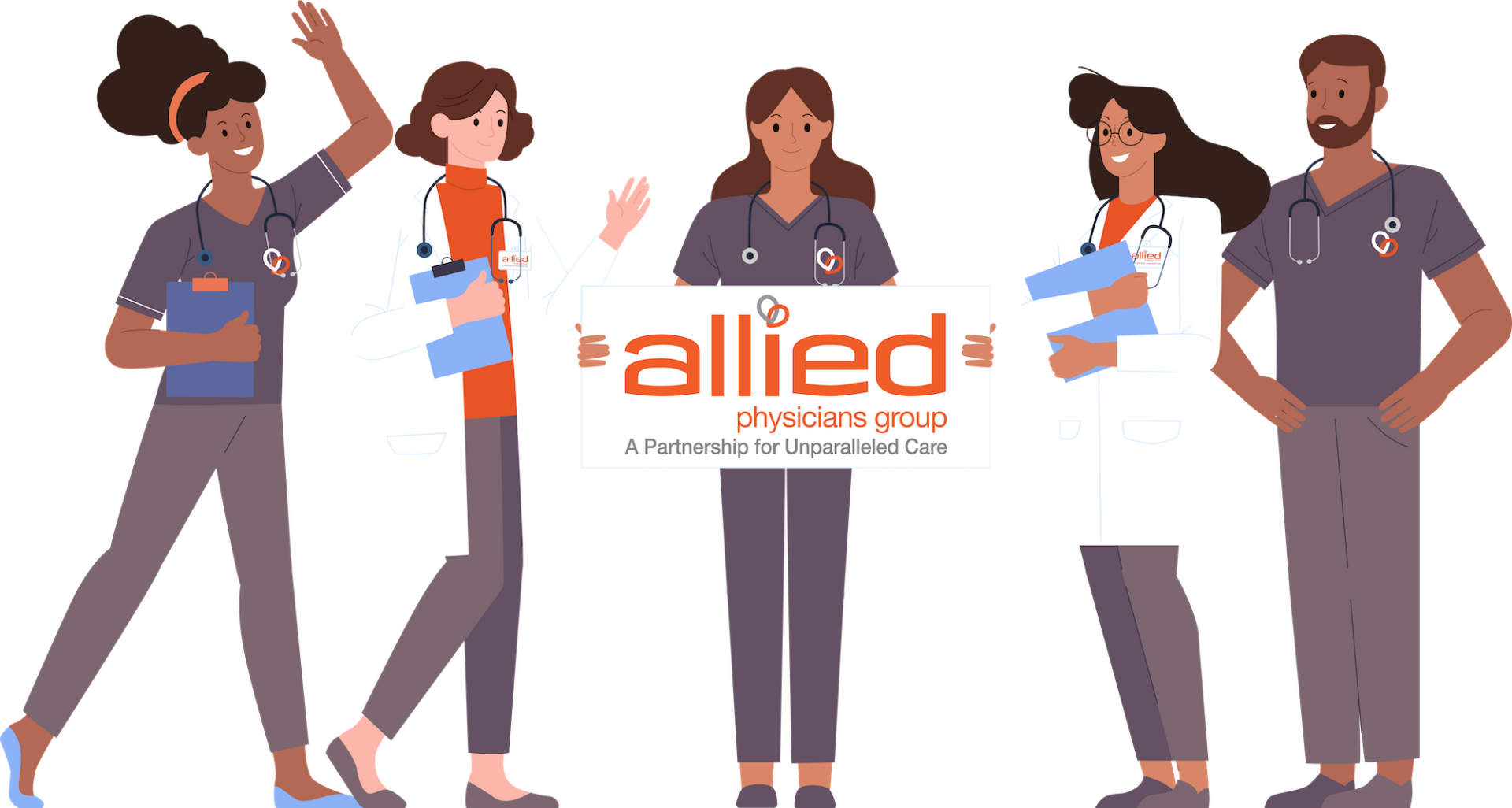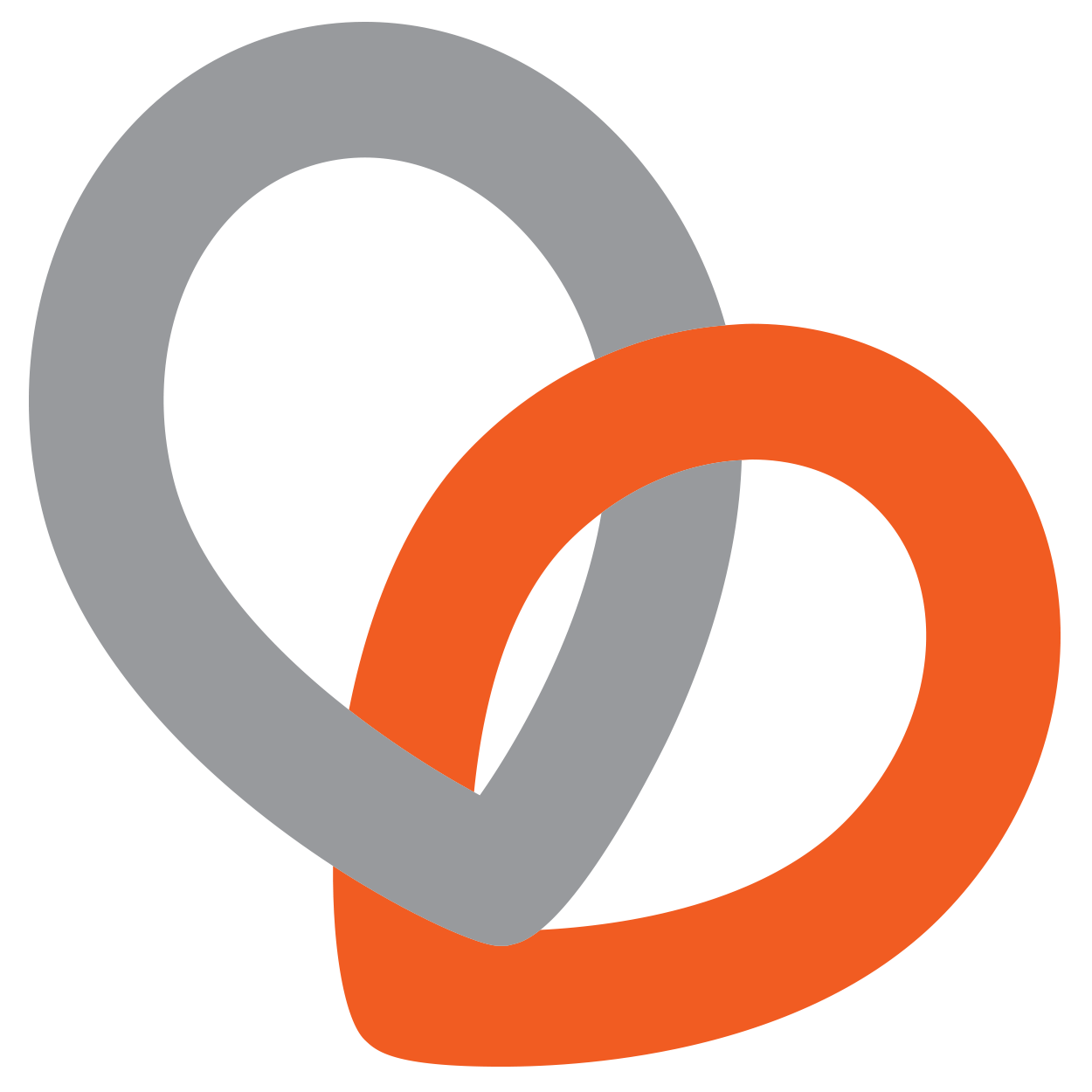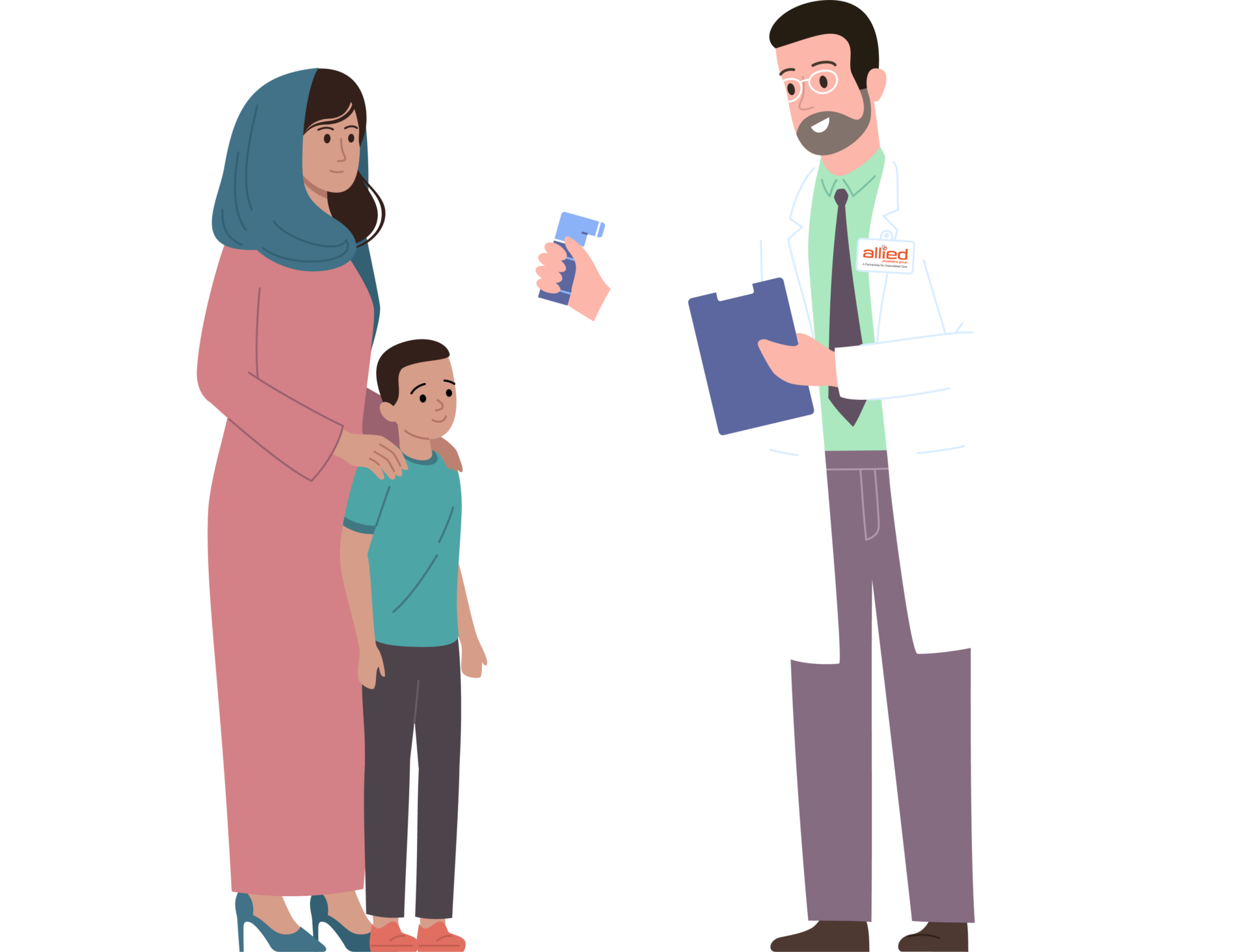Welcome to Strauss Allergy & Asthma – Commack
Strauss Allergy and Asthma has been treating adults and children of Long Island, NY since 2007. As a 11 time winner of Best of Long Island, Best Allergist, our highly qualified team is dedicated to providing our patients with best possible treatment plans!
The Strauss Medical Team includes the following doctors:
- Raphael E. Strauss, MD – Allergy & Immunology
- Robyn J. Kreiner, MD – Allergy & Immunology
- Khalid S. Ahmad, MD – Pulmonology & Sleep Medicine
- Sara Sussman, MD – Allergy & Immunology
View our Westbury Office
Schedule an appointment

Directions to Our Practice
Link to location address283 Commack Road, Suite 300, Commack, New York 11725
Practice Hours
Monday: 9:00AM – 6:00PM
Tuesday: 8:00AM – 6:00PM
Wednesday: 9:00AM – 5:00PM
Thursday: 9:00AM – 5:00PM
Friday: 9:00AM – 4:00PM
Saturday: Closed
Sunday: Closed
Our Services
Learning that you or someone you love suffers from health problems related to allergies or asthma can be scary. That is why we are committed to delivering exceptional allergy and asthma treatment.
Allergy Treatments
Allergy symptoms arise when a person’s immune system believes its body is under attack. The body will treat a common item like a dangerous virus or bacteria and will overreact in an attempt to remove the usually harmless allergen from the system.
Our practice offers comprehensive allergy testing to determine the allergens that affect the patient and treatments to provide relief.
Testing
- Skin testing
- Blood testing
- Guided elimination diets
- Oral food challenges
Treatments
- Allergy shots
- Emergency medications, such as auto-injectable epinephrine
- Eye drops
- Food elimination
- Medication
- Nasal sprays
- Sinus rinses
- Topical creams and ointments
Asthma Treatments
Asthma tends to appear in childhood and can last throughout adulthood. An asthma attack happens when there is irritation in the lungs after encountering an asthma-inducing trigger. The airways to the lungs swell, cutting off airflow and making it difficult for someone to breathe.
Airway trouble includes:
- Inflammation
- Thick mucus buildup
- Muscle tightness
Asthma Testing and Management
Our asthma specialists are dedicated to helping patients stay ahead of asthma attacks so they can experience easy breathing and peace of mind.
- We will perform comprehensive breathing tests to determine if the patient has asthma or other breathing complications.
- We will create an asthma care plan designed around the patient’s needs, complete with medications and other necessary treatments.
- We will provide informative resources to help you manage asthma at home and on the go.
Struggling with breathing or general respiratory complications is hard. We deliver specialized pulmonology care for patients to help them breathe easily.
Pulmonology is the specialized treatment of breathing problems in children, teens, and adults. Whether the condition is congenital or developed over time, our pulmonologists will perform thorough testing and use our findings to treat the source of the condition, leading our patients toward better breathing.
Pulmonology Testing Options:
- Lung volume testing
- Oxygen saturation testing
- Spirometry
- Bronchodilator
- FeNO
A good night’s sleep is crucial for a child’s healthy development and an adult’s overall health. If you or your loved one struggles to sleep at night, our sleep specialists can help.
Sleep is the body’s chance to recover and reset. Bodily functions, organs, systems, and more require the sleeping period to recharge and regenerate. However, people can experience a range of sleep disorders, including:
- Excessive daytime sleepiness
- Insomnia
- Narcolepsy
- Nightmares and night terrors
- Periodic limb movement
- Restless leg syndrome
- Sleep apnea
- Sleepwalking
- Sudden awakening
Sleep Testing
Our sleep specialists perform comprehensive sleep evaluations to determine what is interrupting sleep. We then use our findings to create effective treatment plans to resolve the issue and achieve restful sleep.
Testing Options:
- Sleep Consultation
- Overnight Sleep Study
Allergy & Asthma Care Team of Commack, New York
The skilled physicians, nurses, and staff at Strauss Allergy & Asthma ensure your patients receive the best possible care in Commack, New York.
An allergist/immunologist is a physician trained to prevent, diagnose, manage, and treat allergic diseases. As a result of extensive study and training, allergists/immunologists are highly qualified to manage immune system disorders such as allergies, asthma, sinus problems, and immunologic disorders.
A pediatric pulmonologist and sleep specialist diagnoses and treats children, up to age 26, who have lung, respiratory and/or sleep-related disorders, including asthma, allergies, and more involved conditions affecting the lungs. A child over 5 napping during the day, a child snoring, or one with attention/hyperactivity should be evaluated for sleep issues.
-
Headshot of Raphael Strauss, MD, F.A.A.P., F.A.A.A.A.I

Raphael Strauss, MD, F.A.A.P., F.A.A.A.A.I
Read Bio about Raphael Strauss, MD, F.A.A.P., F.A.A.A.A.I -
Headshot of Robyn Kreiner, MD

Robyn Kreiner, MD
Read Bio about Robyn Kreiner, MD -
Headshot of Khalid Ahmad, MD

Khalid Ahmad, MD
Read Bio about Khalid Ahmad, MD -
Headshot of Sara Sussman, MD

Sara Sussman, MD
Read Bio about Sara Sussman, MD -
Headshot of Lori Chodash, NP

Lori Chodash, NP
-
Headshot of Alena Bolten, RN

Alena Bolten, RN
-
Headshot of James Ciapas, RN

James Ciapas, RN
-
Headshot of Lauren Lalonde, LPN

Lauren Lalonde, LPN
Insurance & Payment Information
Strauss Allergy and Asthma is a provider for Medicare and most major insurance plans, and provides insurance billing. You are responsible for knowing the terms of your policy. You are responsible for providing referrals if needed and co-pays at the time of service and for paying any coinsurance, deductibles or other charges not covered by your insurance in a timely manner. If you have questions regarding billing or which insurance plans we accept, please contact us. Questions regarding insurance coverage and benefits should be directed to your employer or insurance company.

About Allied Physicians Group in New York
Founded in 2006, Allied Physicians Group is the largest physician-owned pediatric partnership in New York metropolitan area. As a physician-led organization, Allied Physicians Group is a growing partnership of more than 35 pediatric practices, asthma, allergy, immunology, pulmonary specialists, and adult medicine physicians, who are located throughout Greater New York City, Long Island, and the lower Hudson Valley region. Each year, the 150 clinicians of Allied Physicians Group see more than 180,000 patients and remain dedicated to comprehensive, quality healthcare for all patients.

Read the Latest Articles from APG Physicians
Changes to Asthma Treatment
Asthma can be a chronic or intermittent problem characterized by periods of no symptoms and times of flare-ups that can…
Read More about Changes to Asthma TreatmentThe Ins and Outs of Switching Asthma Inhalers
Why can’t I get my asthma inhaler? Why do I have to switch? As asthma specialists, we hear this question…
Read More about The Ins and Outs of Switching Asthma InhalersFood Allergy Awareness: A Guide From Allied Allergists
When it comes to food allergies, being safe and prepared is always our motto. If you or your child has…
Read More about Food Allergy Awareness: A Guide From Allied Allergists


